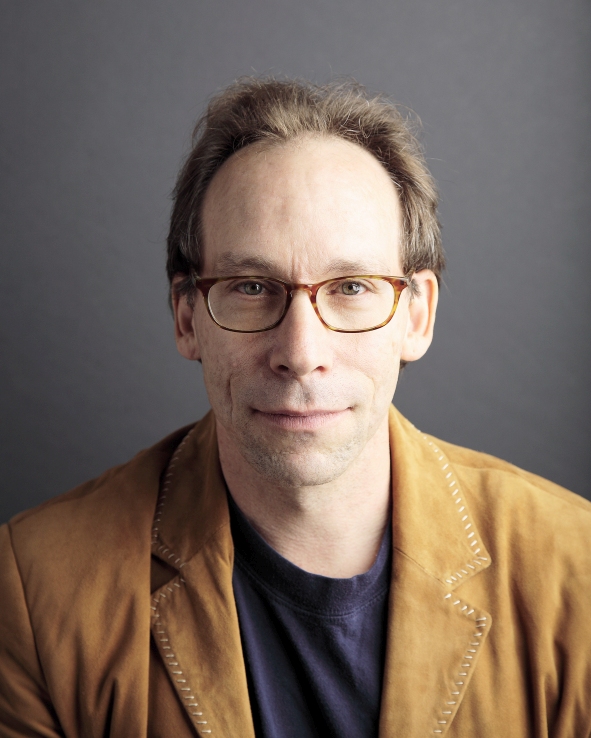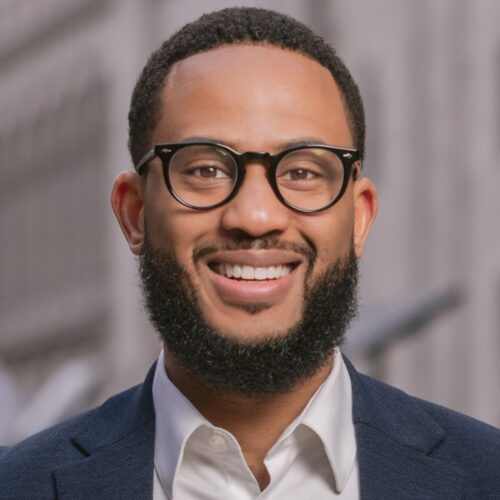Theoretical Physicist Lawrence Krauss: Keep on Asking Questions
Socrates / Podcasts
Posted on: May 14, 2017 / Last Modified: June 26, 2025
Podcast: Play in new window | Download | Embed
Subscribe: RSS
 Prof. Lawrence Krauss is a world-famous theoretical physicist, cosmologist, and activist against superstition whom I have dreamed of interviewing for years. So, when we finally booked the date, I feverishly spent a full week reading his last 2 books and watching 20+ hours of his past interviews and documentaries. Alas, I got the flu and didn’t manage to sleep at all the last couple of days before the interview. Lawrence, in turn, had a root canal done just the day before. And so I feel that I could have and should have done a much better job of this interview but, as Krauss says, “most experiments fail the first time”. The good news is that I will use this as an excuse to ask for another interview.
Prof. Lawrence Krauss is a world-famous theoretical physicist, cosmologist, and activist against superstition whom I have dreamed of interviewing for years. So, when we finally booked the date, I feverishly spent a full week reading his last 2 books and watching 20+ hours of his past interviews and documentaries. Alas, I got the flu and didn’t manage to sleep at all the last couple of days before the interview. Lawrence, in turn, had a root canal done just the day before. And so I feel that I could have and should have done a much better job of this interview but, as Krauss says, “most experiments fail the first time”. The good news is that I will use this as an excuse to ask for another interview.
During our 82 min discussion with Lawrence Krauss, we cover a variety of interesting topics such as his desire to enjoy the universe and have adventures; his activism in support of freedom from religion; the current case of a young Saudi Arabian sentenced to death for blasphemy; Krauss’ concerns about democracy in general and President Trump in particular; growing up in Canada and how that’s impacted on his view of the government; why he wears red Converse sneakers on stage; The Greatest Story Ever Told… So Far; his take on the technological singularity; Ray Kurzweil, futurism and teleology; why, like me, he disagrees with Jaan Tallinn on the greatest existential risk to humanity; D-Wave Quantum Computers and the Penrose-Hameroff Quantum Theory of Consciousness; Frank J. Tipler’s claim about quantum mechanics and Christianity; the strengths and weaknesses of science and technology; free will, determinism, and ethics; death, immortality and the importance of asking questions…
My favorite quote that I will take away from this interview with Prof. Lawrence Krauss is:
The world is an amazing place that doesn’t need myth and superstition, but open questioning, awe and wonder.
As always you can listen to or download the audio file above or scroll down and watch the video interview in full. To show your support you can write a review on iTunes, make a direct donation or become a patron on Patreon.
Who is Lawrence Krauss?

Lawrence M. Krauss is an internationally known theoretical physicist with wide research interests, including the interface between elementary particle physics and cosmology, where his studies include the early universe, the nature of dark matter, general relativity, and neutrino astrophysics. He has investigated questions ranging from the nature of exploding stars to issues of the origin of all mass in the universe. He is currently Foundation Professor in the School of Earth and Space Exploration and Physics Department, and Inaugural Director of the Origins Project, a national center for research and outreach on origins issues, from the origins of the universe to human origins, to the origins of the consciousness and culture.
Krauss received his Ph.D. in Physics from the Massachusetts Institute of Technology (1982), then joined the Harvard Society of Fellows. In 1985 he joined the faculty of the departments of Physics and Astronomy at Yale University. In 1993 he moved to Case Western Reserve University as the Ambrose Swasey Professor and Chairman of the Department of Physics. He moved to take his current position in 2008.
Lawrence Krauss is the author of over 300 scientific publications, as well as numerous popular articles on physics and astronomy. He is the author of 10 popular books, including the international bestseller The Physics of Star Trek (1995) and most recently A Universe from Nothing (2012), which immediately became New York Times Bestseller and has now been translated into 24 different languages. It argues that not only can our universe naturally arise from nothing, without supernatural effects, but that it probably did. His newest book, The Greatest Story Ever Told… So Far came out in March of 2017.
Prof. Krauss is the recipient of numerous awards for his research and writing and is the only physicist to have received the major awards from all three U.S Physics Societies. His Julius Edgar Lilienfeld Prize from the American Physical Society (2001) summarizes his impact “For outstanding contributions to the understanding of the early universe, and extraordinary achievement in communicating the essence of physical science to the general public”. In 2005 he was also awarded the Joseph P. Burton Forum Award from the American Physical Society for his work on issues of science and society. In 2012, he was awarded The National Science Board’s prestigious national Public Service Award for his many contributions to public education and understanding of science around the world.
Hailed, by Scientific American as a rare scientific Public Intellectual, he frequently contributes to newspapers, including the New York Times and Wall St. Journal, and regularly appears on television and radio, and he has performed with the Cleveland Orchestra and was a jury member at the Sundance Film Festival. Krauss is also the subject of a new full-length feature film, The Unbelievers, which follows Krauss and Richard Dawkins around the world as they discuss science and reason. In this regard, he has dedicated his time, throughout his career, to issues of science and society and has helped spearhead national efforts to educate the public about science, ensure sound public policy, and defend science against attacks at a variety of levels. He serves as the chair of the Board of Sponsors of The Bulletin of the Atomic Scientists, and is on the Board of Directors of the Federation of American Scientists, and helped found ScienceDebate, which, in 2008, and 2012 helped raise issues of science and sound public policy in the Presidential elections in those years.








